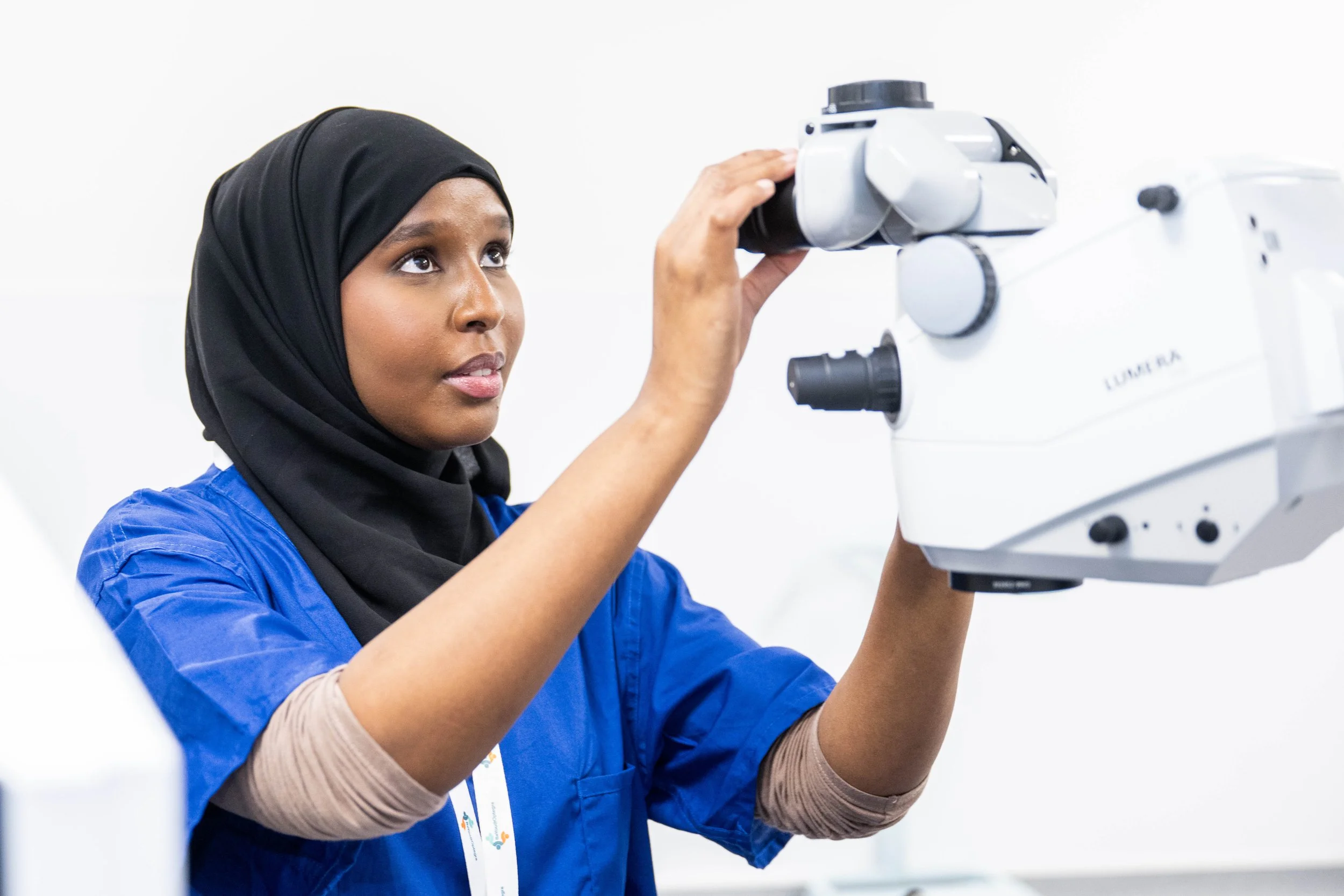Raising the bar for NHS cataract patients
With one in three adults aged over 65 being diagnosed with cataracts, this clouding of the lens does much more than affect vision. Poor sight due to cataracts — which will deteriorate until the patient’s operation — may increase the risk of falls, cause a loss of independence, and stop people from driving or enjoying their hobbies.
Timely treatment is therefore essential, and Optegra has treated over 50,000 NHS patients in the past year — providing five-star treatment with excellent outcomes, often within just weeks of referral.
NHS Challenges
The independent sector is pivotal in transforming NHS cataract care, forming an essential partnership to ensure waiting lists do not creep up again. As an independent provider, Optegra is paid exactly the same as the NHS for each cataract operation, through the NHS tariff system.
Optegra UK, which operates 19 specialist eye hospitals, is calling on MPs to deliver the best NHS services for their constituents by ensuring access to clinics like Optegra while relieving pressure on NHS Trusts.
However, certain Integrated Care Boards (ICBs) are now asking the independent sector for less support than previously, as well as proposing a minimum wait time of up to 14 weeks — delaying patients’ treatment despite additional capacity being available.
New Innovative Cataract Care
Alongside this care, Optegra continues to innovate to improve the patient experience. For the first time ever in the UK — and possibly the world — Optegra has offered NHS patients a pioneering “treble” of cataract care:
Same-day pre-op consultation and treatment
Bilateral surgery – both eyes treated within one procedure
Revolutionary drop-free surgery
While each element has been medically evidenced individually, Optegra is the first to offer all three to patients at once. Due to its success, Optegra is now offering drop-free surgery to all NHS patients.
Mr Alastair Stuart, Optegra’s Medical Director and Consultant Ophthalmologist, explains:
“Optegra has developed a unique approach to NHS cataract surgery which captures how the independent sector can innovate to help lead the way in patient care.
The outcomes from this pilot, with over 100 of our patients, have been outstanding — both medically and in patient satisfaction.
Normally after a cataract removal procedure, patients leave with a rather intense drop regime — four different drops, three or four times a day for up to four weeks. This is typically the only thing some patients struggle with, particularly older patients.
We can now apply a steroid and antibacterial injection as part of the procedure, which eliminates the need for any drops whatsoever. This is revolutionary for patients’ post-operative care.”
Let’s Talk…
Mat Pickering, Managing Director for Optegra UK, said:
“We are concerned that despite offering the NHS our capacity, commitment, and innovative care, there are now restrictions to helping patients in a timely fashion.”
Optegra remains dedicated to providing the best possible eye care for those in need, and recent years have shown the benefit of the independent sector supporting the NHS. We are eager for this to continue and welcome dialogue with any MPs or NHS colleagues to progress in this way.”
Optegra Eye Health Care is a specialist provider of ophthalmic services. Established in 2007, it has completed over one million eye procedures globally.
For more information on how Optegra partners with the NHS, visit www.optegra.com.


